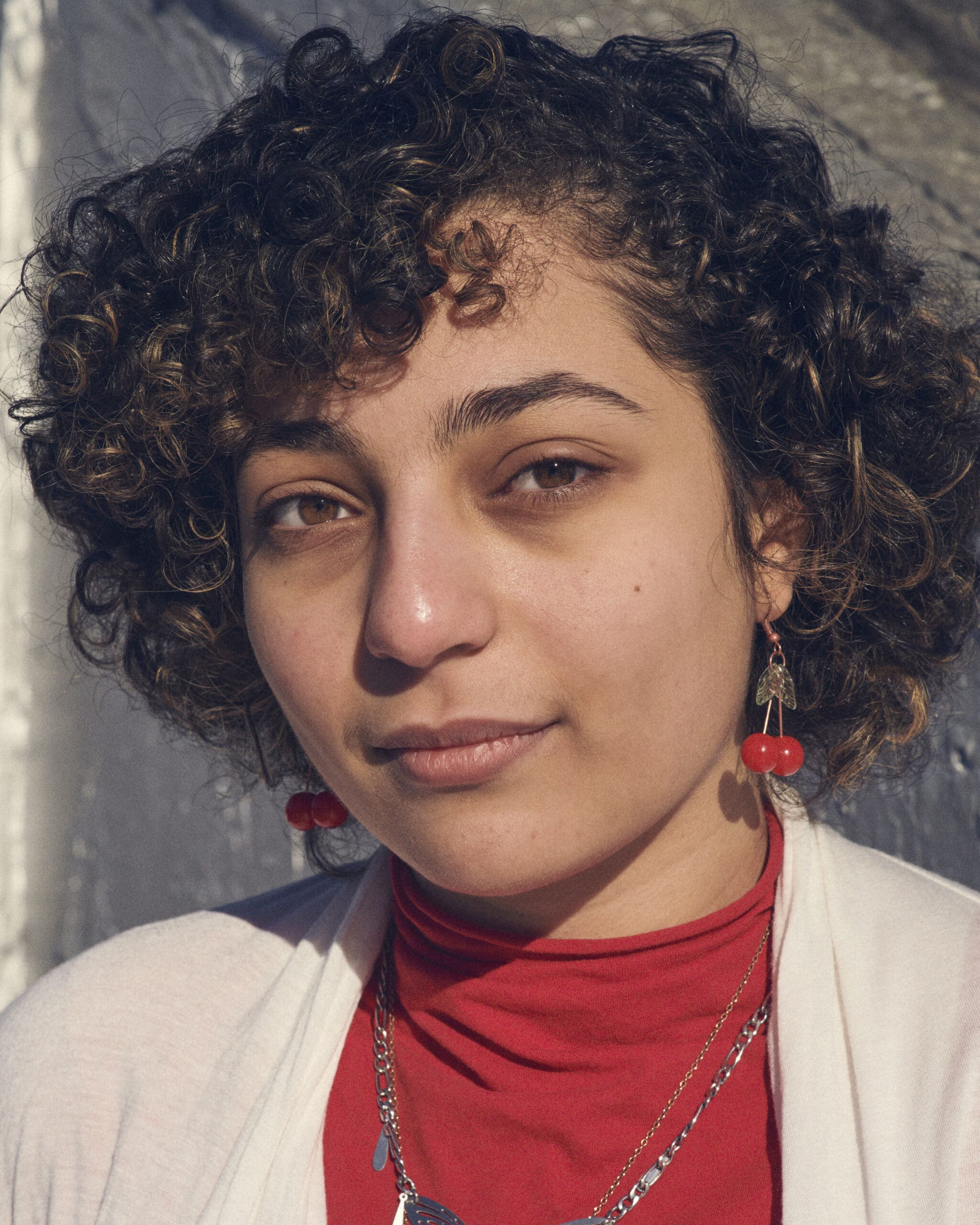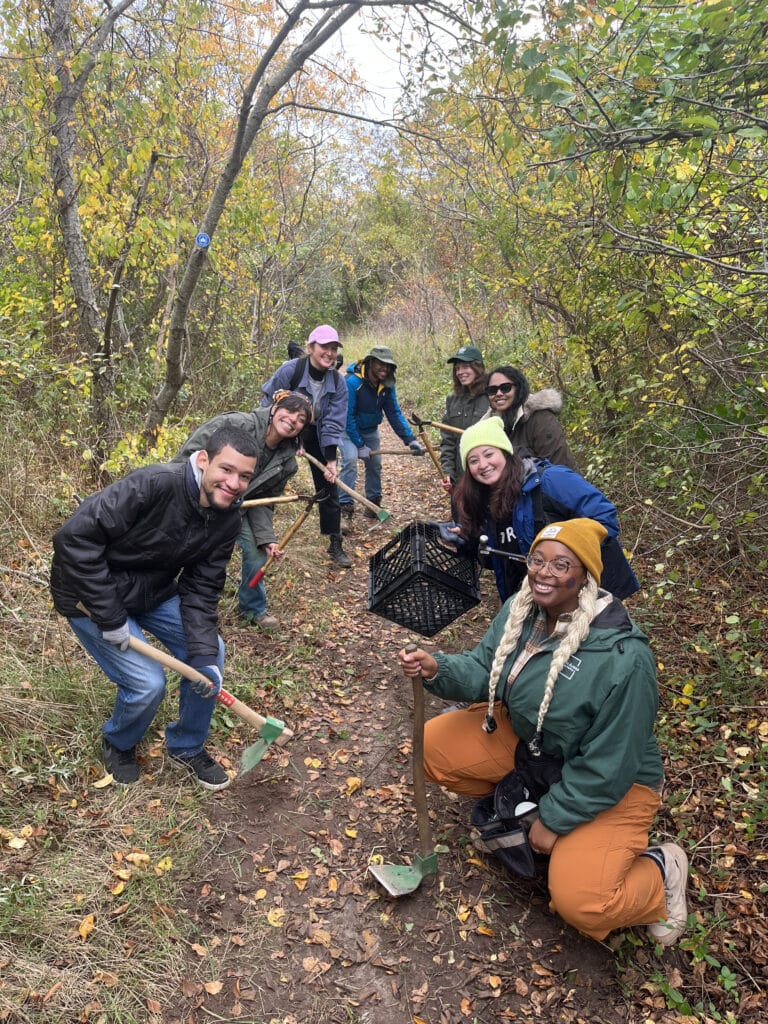Field Notes: Q&A with Intern Fadwa Yousef
By Natural Areas Conservancy on August 01, 2023

By Natural Areas Conservancy on August 01, 2023

Fadwa Yousef is an intern in the Natural Areas Conservancy’s summer 2023 CUNY internship program, working on the Natural and Nature-Based Features project. They are a senior at CUNY pursuing a Bachelor of Arts in Environmental Studies.
Read on to learn more about Fadwa and what they’ve been up to at the NAC!
FY: My first introduction to working in natural areas was through volunteer work with NYC Parks. Becoming a Shorekeeper Steward gave me the opportunity to meaningfully connect with the world around me. NAC was almost always mentioned at stewardship events, so when my college put out a message about a CUNY-NAC internship, I had to apply. I wanted to immerse myself more in what ecological restoration and conservation mean.
FY: I’m working as a crew member on the Natural and Nature-Based Features project. I’ve always lived by water, whether it be the Nile River or New York Harbor. Because of that, I aspire to center my career around studying coastal processes. This project is my first time doing ecological fieldwork, and its focus on monitoring restored salt marshes aligns closely with my interest in coastal resilience and climate mitigation.
FY: If you’re not used to identifying plants and animals, I encourage you to bring a field guide with you whenever you visit a natural area. Learning to look closely at habitats, distinguishing one plant from another, referring to an organism by its name; careful observation of the rich environment around you roots you to your surroundings. The abundance of life around us is beautiful, and protecting it becomes personal when you know it by name.
FY: I love sparrows! They’re so common, but nothing cheers me up like seeing sparrows taking dirt baths during the hot weather.
FY: There’s a misconception that habitat restoration means the removal of all human traces to keep a landscape wild and pristine, but that’s not true. Before the colonization of the Americas, before the exploitation of the land and its people, reciprocity between people and Earth kept the environment healthy. Following the example of the Lenape, the original land stewards of modern-day New York City, New Yorkers should involve themselves in stewardship as much as they can. Active care of natural areas and creative, reciprocal relationships with the habitats they house is essential to the long-term health of ecosystems.
FY: In the immediate future, I’ll be finishing my undergraduate research on the floristic communities of the Marine Park Preserve. In the long run, I hope to find a niche in public health and oceanography. Our lives and futures are deeply intertwined with our oceans. I’m hoping my work in science and social action will help protect this little blue dot we call home.
